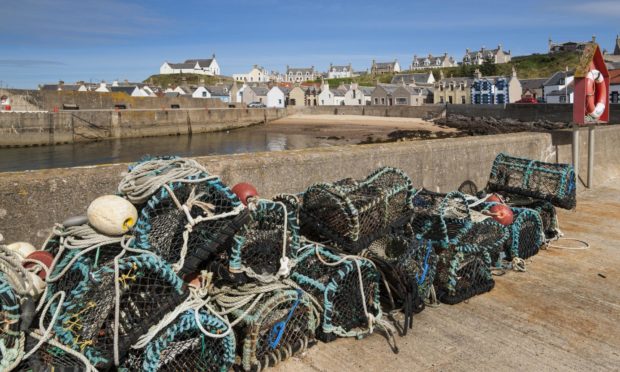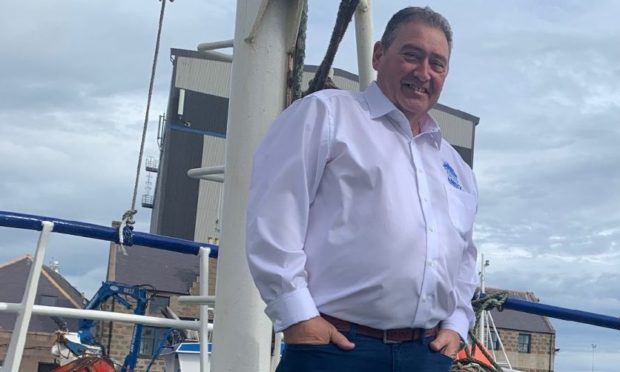Some of Scotland’s smaller seafood processing companies could be forced to close because of the “sheer volume” of paperwork leaving the EU will bring.
With only 50 days to go before the UK leaves the transition period, the country’s food and drink producers have warned there are still many unanswered questions on how new regulations will impact trade to be addressed.
Despite some of the potential benefits to fishing brought by the UK becoming an independent coastal state, not enough has been done to make the North East of Scotland accessible enough to prevent loss of stock, seafood and fishing experts warned.
Farming, fishing and food and drink industry representatives provided evidence on Brexit preparedness to MSPs on the Scottish Parliament’s culture, tourism, Europe and external affairs committee on Thursday.
The National Farmers Union Scotland repeated calls for an expansion of the seasonal agricultural scheme, which Scottish Conservative leader Douglas Ross wrote to the Prime Minister about last week.
Central belt hold ups could cost dear
Jimmy Buchan, chief executive, Scottish Seafood Association, warned smaller businesses could become overwhelmed with paperwork brought about by no deal, which could cause them to cease trading.
He said: “Both governments have done a tremendous amount of work, but the sheer scale of the work in advance is bigger and wider than most could envision.
“We are 50 days away and there are still some serious questions going unanswered.
“All the extra paperwork is going to be a significant cost to industry. Bigger businesses are going to be able to prepare for it because they have the human resources to deal with it.
“Smaller businesses are going to find this extremely challenging, to the stage I fear they may not be able to trade any longer because of the new rules and regulations, purely down to paperwork.
“They will become unviable and that market may well be lost.
The end deal should be for both governments to look after the needs of business.”
Jimmy Buchan
“I would like government to look at compensation schemes, we have consistently asked for that and nothing has been forthcoming. Therefore we are simply not ready for December 31 with the information I am sitting with at the moment.
“Scottish and UK Government should be sitting together with industry to ask what they need. The end deal should be for both governments to look after the needs of business. It gets lost in the noise and both are paying lip service.”
When asked about the impact of “lorry parks” and delays in crossing the Channel, Mr Buchan added: “It is OK for the larger companies, they have the logistics to be able to cope better. But smaller processers are going to suffer. We are asking for a bit of time to get everyone up to speed.
“Also, how do we get over this extra cost to the processer which wasn’t asked for in the first place.
“People are working extremely hard to make this happen. I am concerned, though, again, that everything is being centrally located in the central belt.
“Should there be an RTA or significant disruption with weather, we have channelled everything into one area.
“Given most of the fish process is in the North East, then that is a concern to me, that we haven’t done enough to make sure the point of landing, where the economic benefit can start, is being overlooked.”
Market will remain
Elspeth Macdonald, CEO at Scottish Fishermen’s Federation, noted the need for Scottish produce was still strong on the continent and would continue after January next year.
She said: “The end of the year will bring significant change to how we trade with the EU. It is also important we recognise there are a large number of businesses and jobs which depend on the product too. They will also be making efforts on their end to make sure the product can get to them.
“If we think about fish processing, we know that in France infrastructure has been put in place so lorries carrying seafood from the UK will be channelled directly from Calais to Boulogne.
“There are challenges on this side but there are efforts being made on the continent to make sure our products get there. There are businesses and customers which want our products.”



